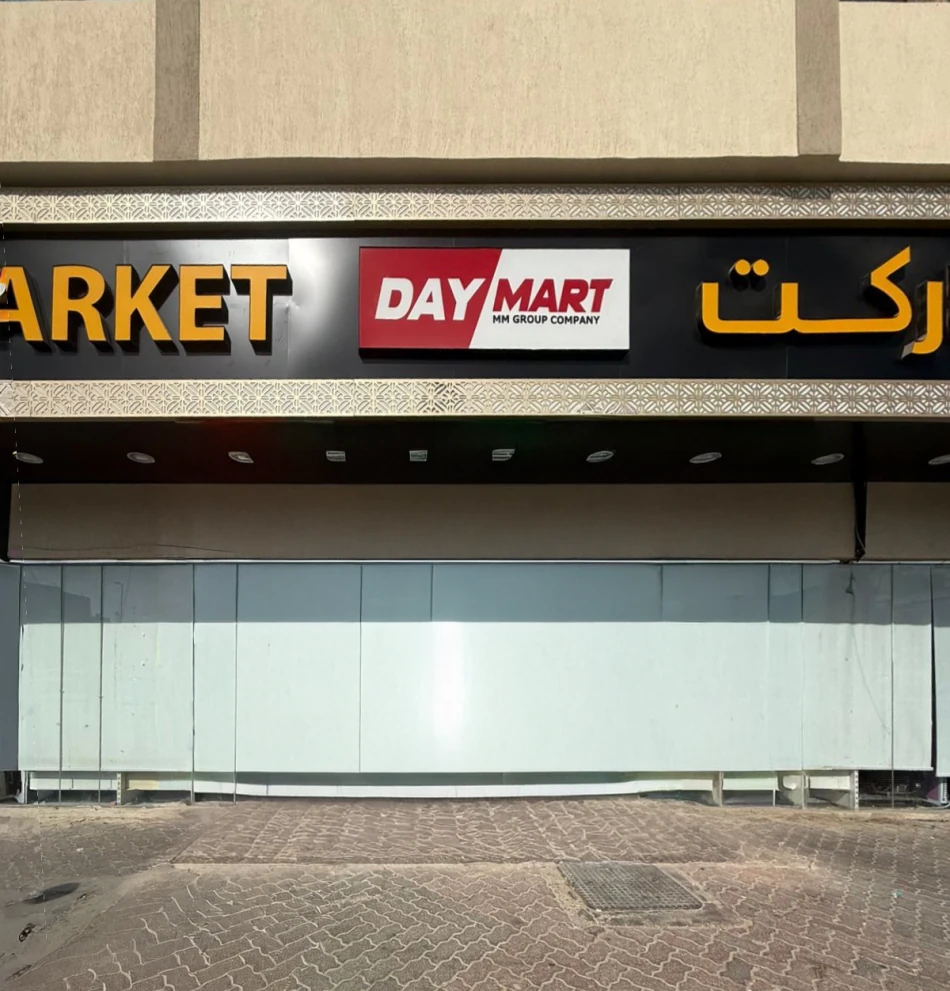
Abu Dhabi's 'Daymarts Hypermarket' Shuttered for Food Safety Violations
Abu Dhabi Shuts Down Day Mart Hypermarket Over Repeated Food Safety Violations
The Abu Dhabi Agriculture and Food Safety Authority has ordered the administrative closure of Day Mart Hypermarket following persistent food safety violations that posed risks to public health. The enforcement action highlights the UAE capital's increasingly stringent approach to food safety oversight as it seeks to maintain its reputation as a global business hub with world-class consumer protection standards.
Repeated Violations Trigger Immediate Action
The hypermarket, operating under commercial license CN-2208413, was shuttered after food safety inspectors documented recurring violations of Abu Dhabi's Food Law No. 2 of 2008 and related regulations. According to the authority's food control report, the facility repeatedly failed to implement effective corrective measures despite previous warnings and interventions.
The closure represents more than a routine enforcement action—it signals Abu Dhabi's zero-tolerance approach toward establishments that consistently endanger consumer safety. This stance aligns with the emirate's broader strategy to position itself as a premium destination for international businesses and residents who expect rigorous safety standards.
Growing Trend of Proactive Consumer Protection
Regional Leadership in Food Safety
Abu Dhabi's aggressive enforcement mirrors similar initiatives across the Gulf region, where governments are elevating food safety standards to match international best practices. The UAE has been particularly proactive, implementing comprehensive inspection regimes that rival those in Singapore and European markets.
This approach serves dual purposes: protecting public health while maintaining the country's competitive advantage in attracting multinational corporations and expatriate professionals who demand high living standards. For international retailers operating in the region, the message is clear—compliance isn't optional.
Economic Implications for Retail Sector
The closure of a major hypermarket sends ripple effects through Abu Dhabi's retail ecosystem. For competitors, it creates immediate opportunities to capture displaced customers and market share. However, it also raises the compliance bar for all food retailers, potentially increasing operational costs as businesses invest in enhanced safety protocols and staff training.
International retail chains with regional expansion plans must now factor stricter enforcement into their investment calculations. The reputational damage from public closures can far exceed immediate revenue losses, making prevention-focused strategies essential.
Systematic Enforcement Strategy
The authority emphasized that this closure forms part of a comprehensive plan to strengthen Abu Dhabi's food safety framework through regular inspections of all food establishments. This systematic approach represents a shift from reactive to proactive consumer protection, identifying problems before they escalate into public health crises.
The facility will remain closed until all violations are addressed and full compliance with food safety requirements is demonstrated. This conditional reopening process ensures that administrative closures serve as genuine deterrents rather than temporary inconveniences.
Public Engagement and Transparency
The authority has encouraged residents to report suspected food safety violations through Abu Dhabi government's toll-free number 800555, creating a collaborative oversight network. This crowdsourced monitoring approach amplifies official inspection capabilities while fostering public awareness of food safety standards.
For consumers and investors alike, Abu Dhabi's hardline stance on food safety violations demonstrates the emirate's commitment to maintaining premium market standards—even when it means taking decisive action against established retailers.
Most Viewed News

 Sara Khaled
Sara Khaled






